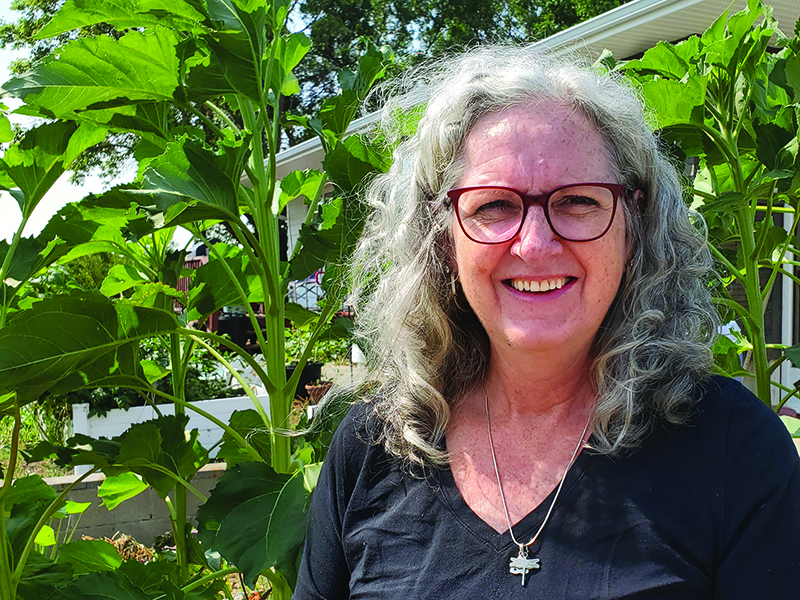
On the eve of her retirement after more than 30 years in the pension industry, the SPP’s former executive director talks women in pensions, decumulation and learning to play the ukelele.
Q. How did you get into the pension industry?
A. This was a bit of luck on my part. The Saskatchewan Pension Plan was moving to Kindersley in 1990 and I applied for the position of manager of production, now called the director of client service. I didn’t have any specific pension experience, but was able to put my business and banking experience to work and then learned on the job. As an employee, I was attracted by the focus on filling a substantial gap in the retirement space. It was very empowering to know that you could become a member on your own, regardless of where you lived or worked.
Q. Why did working for SPP resonate with you?
A. It was the focus on women and other underrepresented groups that has always resonated with me. Participation by women in the workforce (pre-coronavirus) has been steadily increasing since I started my career. I worked in a major bank in the early ‘80s and there were very few women in management positions at any financial institution. That meant there were very few role models and there were many moments when I felt I wasn’t really part of the group.
Read: How the Saskatchewan Pension Plan helps members through retirement
I saw the same thing in the pensions and benefits industry when I first started. That has also changed over time and I think the industry is stronger as a result. The SPP has always had a strong female presence in their management structure as all senior managers are women.
Q. What are the top challenges you’ve faced in your career or role?
A. The SPP is a voluntary plan and we faced many challenges in growing it. We didn’t have payroll deductions and new employee signups as other defined contribution plans do and so frugal became our middle name as we balanced the budget with member and asset growth.
Career crib sheet
March 1993 — July 2021
Executive director, the Saskatchewan Pension Plan
1990 — 1993
Manager of client services, the SPP
1988 — 1990
Assistant administrator, Town of Kindersley
1985 — 1988
Executive director, Kindersley Chamber of Commerce
1980 — 1985
CIBC management training program, branch manager
Q. What are the most interesting developments you’ve seen in the industry during your career?
A. I have seen a lot of trends over the years — some have stuck and many have been modified. The focus on decumulation and helping members answer the question of how much money they really need in retirement are some of the most challenging issues we continue to grapple with. Also, the need for financial literacy remains strong and I appreciate the innovative ways the industry is tackling this issue.
Read: A look at how five DC plan members are approaching decumulation
Q. What advice or guidance would you give to younger professionals entering the industry?
A. Take advantage of every learning opportunity that comes your way. Find a mentor. Don’t be afraid to network — the first ice breaker is often the hardest. Be open to ideas.
Q. What do you like to do in your spare time? What are your hobbies?
A. I love to sing and so I’m in a couple of choirs and a small ensemble. I’m taking marimba lessons and I’m wanting to learn to play the ukulele. I’m part of the local arts council and rotary club and enjoy volunteering in our community.
Q. What’s your favourite employee benefit and why?
A. I was lucky to work for an employer that offers a wonderful benefits package. My pension contributions are more than matched, the dental plan covers my needs and the extended health coverage provides added security. I don’t have a favourite — I’m just thankful I have had access to benefits my entire career.
Jennifer Paterson is the editor of Benefits Canada.
